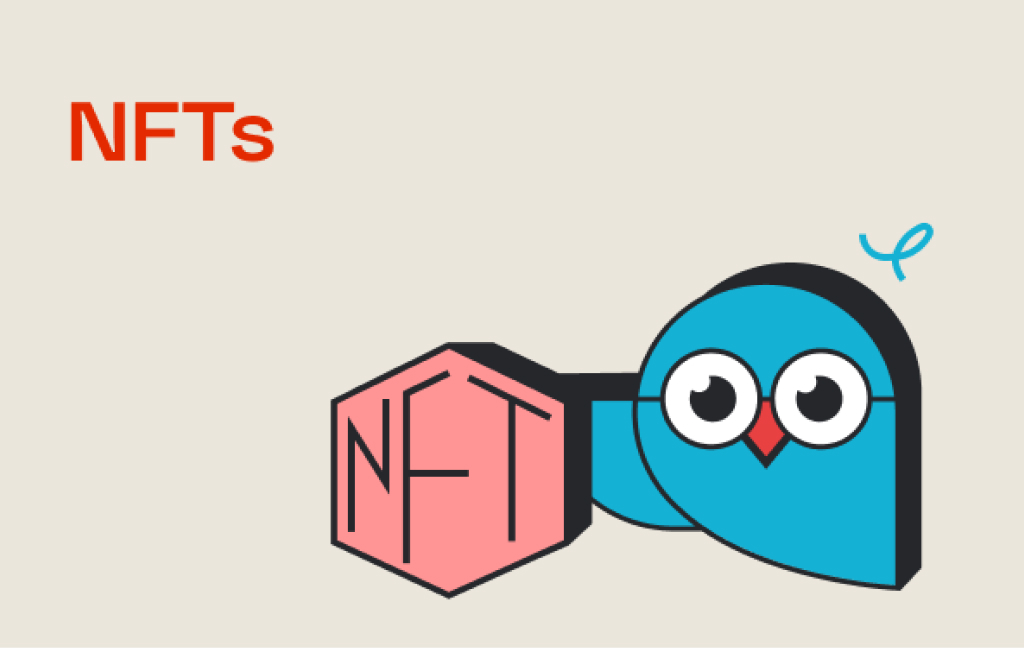Upcoming Event
Owl Explains Crypto Summit
Presented by Sidley
The Dorchester – UK, Thursday, May 22, 2025
Quizzes
Put your wisdom to the test with our quizzes

11 Questions
Quiz 1: Blockchain basics
Are you an owlet just learning to fly? Start with our blockchain basics quiz!

10 Questions
Quiz 2: NFTs
Want to get nifty on NFTs?

10 Questions
Quiz 3: De-Fi Wizard
Are you a know-it-owl? Then our De-Fi Wizard quiz is for you!

11 Questions
Quiz 4: The Great Green
How much do you know about blockchain and sustainability?

14 Questions
Quiz 5: Token Classification
This owl is big on sensible token classification, so this quiz is a must!